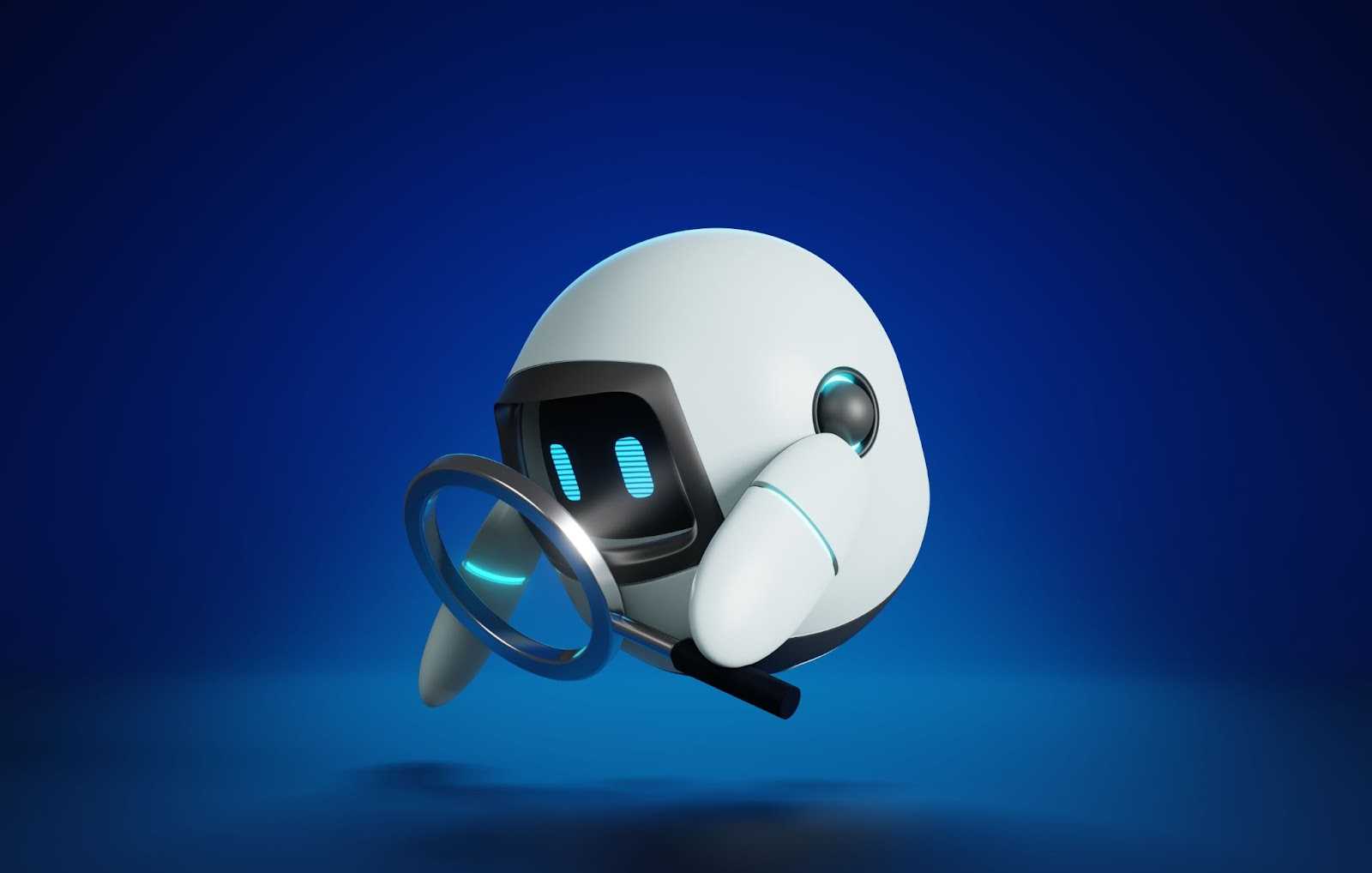It wasn't too long ago that the idea of an AI assistant meant asking your phone about the weather or telling it to play your favorite playlist. But things have changed—a lot. AI assistants today are no longer just passive responders. They've grown into intelligent, proactive, business-ready partners. If you're running a company or leading a team, having an AI assistant isn't a luxury anymore—it's a competitive edge.
So, what exactly is an AI assistant?
In simple terms, an AI assistant is a smart tool powered by artificial intelligence that helps individuals and businesses complete tasks, manage information, and make smarter decisions. Some work with voice commands, others through chat or dashboards, and the smartest ones integrate deeply with your data and systems.
Think of it like hiring a super-organized, always-on employee who never sleeps, doesn’t get overwhelmed, and is always one step ahead.
Why are businesses turning to AI assistants?
Let’s be real: running a business today is intense. Decisions are faster, competition is tighter, and time is your most valuable resource. That’s where a good AI assistant comes in. It’s like having a digital right-hand that takes care of the routine, so you can focus on the strategic.
Here are a few real examples of how AI assistants are being used in businesses today:
1. Executive Support on Steroids
AI assistants like Dexi from iDataWorkers go beyond reminders. They understand your calendar, your company’s performance metrics, and even your current challenges. Need a sales summary before a meeting? Dexi has it ready. Curious about which project is delayed? Just ask. It’s like having a chief-of-staff who runs on AI.
2. Customer Service That Never Sleeps
Companies like Freshdesk and Zendesk use AI-powered assistants to handle customer queries 24/7. These bots resolve common issues, escalate tickets, and even learn from interactions to get better over time. It’s a game changer for businesses with global clients or high support volumes.
3. Hiring Made Smarter
AI recruiting assistants (think Paradox's Olivia or HireVue) can screen resumes, schedule interviews, and even conduct first-round assessments. This not only saves HR teams hours of work but also speeds up the hiring process dramatically.
4. Sales Enablement on Autopilot
Sales teams use assistants like Drift or Conversica to follow up with leads, qualify prospects, and even book meetings. They work behind the scenes, making sure no lead slips through the cracks—and they do it without coffee breaks.
Not all AI assistants are created equal
The truth is, not every assistant is built for business. Some are great for personal tasks, but when it comes to executive decision-making, integration with real-time data, or understanding organizational context, you need something more advanced.
That’s where platforms like Dexi shine. Developed by iDataWorkers, Dexi doesn’t just fetch information—it understands it. It learns from your company’s data, anticipates needs, and communicates in natural language. It’s not about using AI for the sake of it. It’s about using the right kind of AI to work smarter.
The future is collaborative
AI assistants are no longer just tools—they’re teammates. They help reduce decision fatigue, save time, and bring clarity when things get overwhelming. And the best part? They’re always learning and improving.
Whether you’re a CEO looking to stay ahead of the curve, a team leader tired of drowning in dashboards, or a startup founder trying to do it all, a smart AI assistant can make your day lighter and your business sharper.
And who knows? One day soon, "Let me ask my assistant" might mean asking AI—and getting an answer better than any human could give, in half the time.
Further Reading
Why CEOs Need an AI Copilot in 2025Breaking Down Data Silos: Lessons from Silo on Data Integration5 Ways Data Fuels Growth: Master Your Business Analytics Platform
Ready to find out more?
